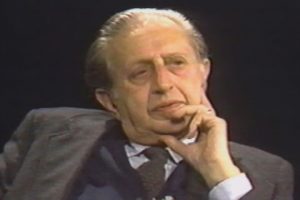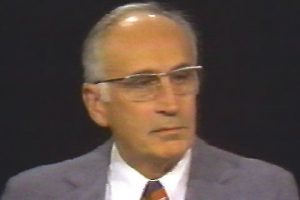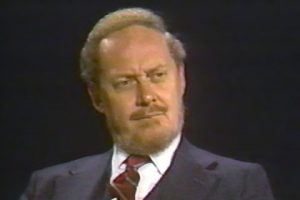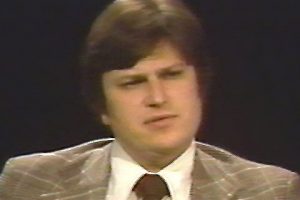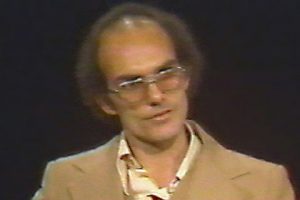Jack High
About this video
Jack High interviews Friedrich A. Hayek (Part I)
Known as an economist to the world, Dr. Hayek talks with Jack High about the past and present in the realm of economics. Discussing the role of various economists had on his thinking, including such notable people as Ludwig von Mises, Frank Knight, Frank Fetter and Gottfried Haberler, the synthesis of Hayek’s ideas becomes clearer. Describing his competition with John Maynard Keynes, Hayek tells of why his ideas lost out to the more popular and mathematical words of Keynes. Hayek gives his interpretation of the Austrian theory of the trade cycle, capital theory, in the process explaining in detail the role of expectations. The socialist calculation debates, and the more modern variant of general equilibrium analysis, are compared to contemporary policy. Finally, Hayek describes his transition from economics to social philosophy, highlighting his problems with John Stuart Mill.
Credits
More Interviews
Jack High
About this video
Jack High interviews Friedrich A. Hayek (Part I)
Known as an economist to the world, Dr. Hayek talks with Jack High about the past and present in the realm of economics. Discussing the role of various economists had on his thinking, including such notable people as Ludwig von Mises, Frank Knight, Frank Fetter and Gottfried Haberler, the synthesis of Hayek’s ideas becomes clearer. Describing his competition with John Maynard Keynes, Hayek tells of why his ideas lost out to the more popular and mathematical words of Keynes. Hayek gives his interpretation of the Austrian theory of the trade cycle, capital theory, in the process explaining in detail the role of expectations. The socialist calculation debates, and the more modern variant of general equilibrium analysis, are compared to contemporary policy. Finally, Hayek describes his transition from economics to social philosophy, highlighting his problems with John Stuart Mill.


